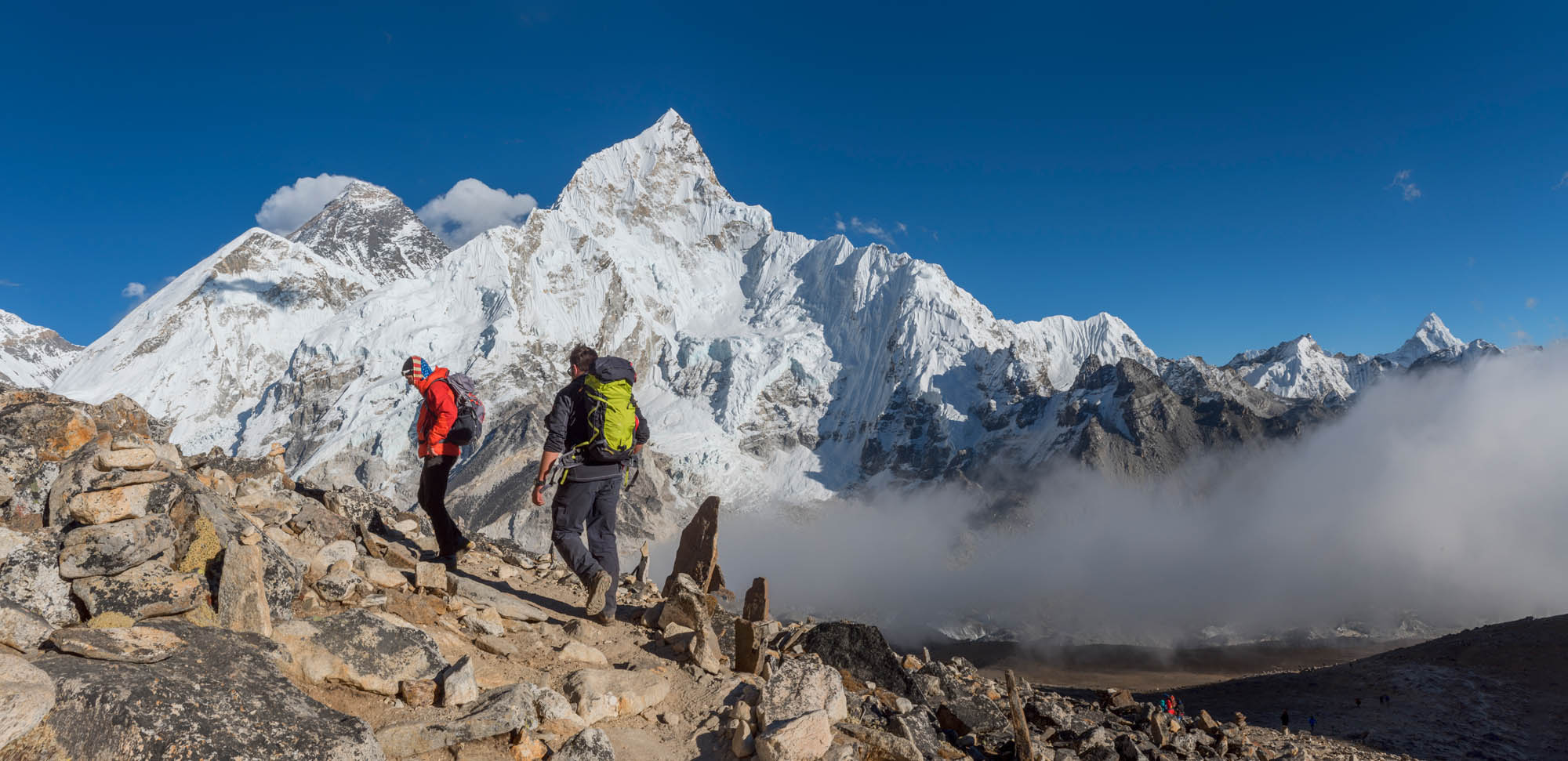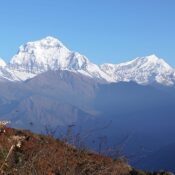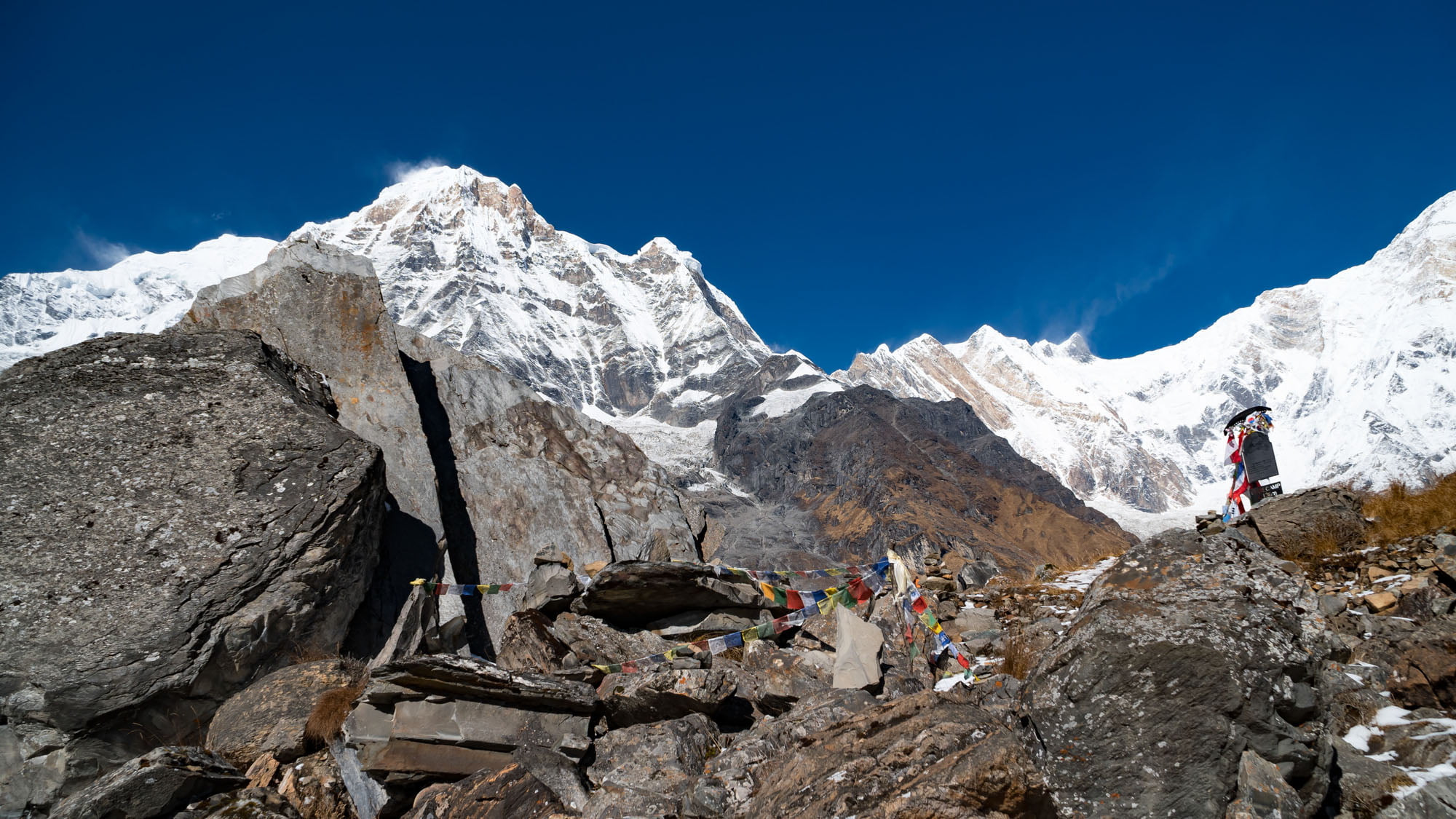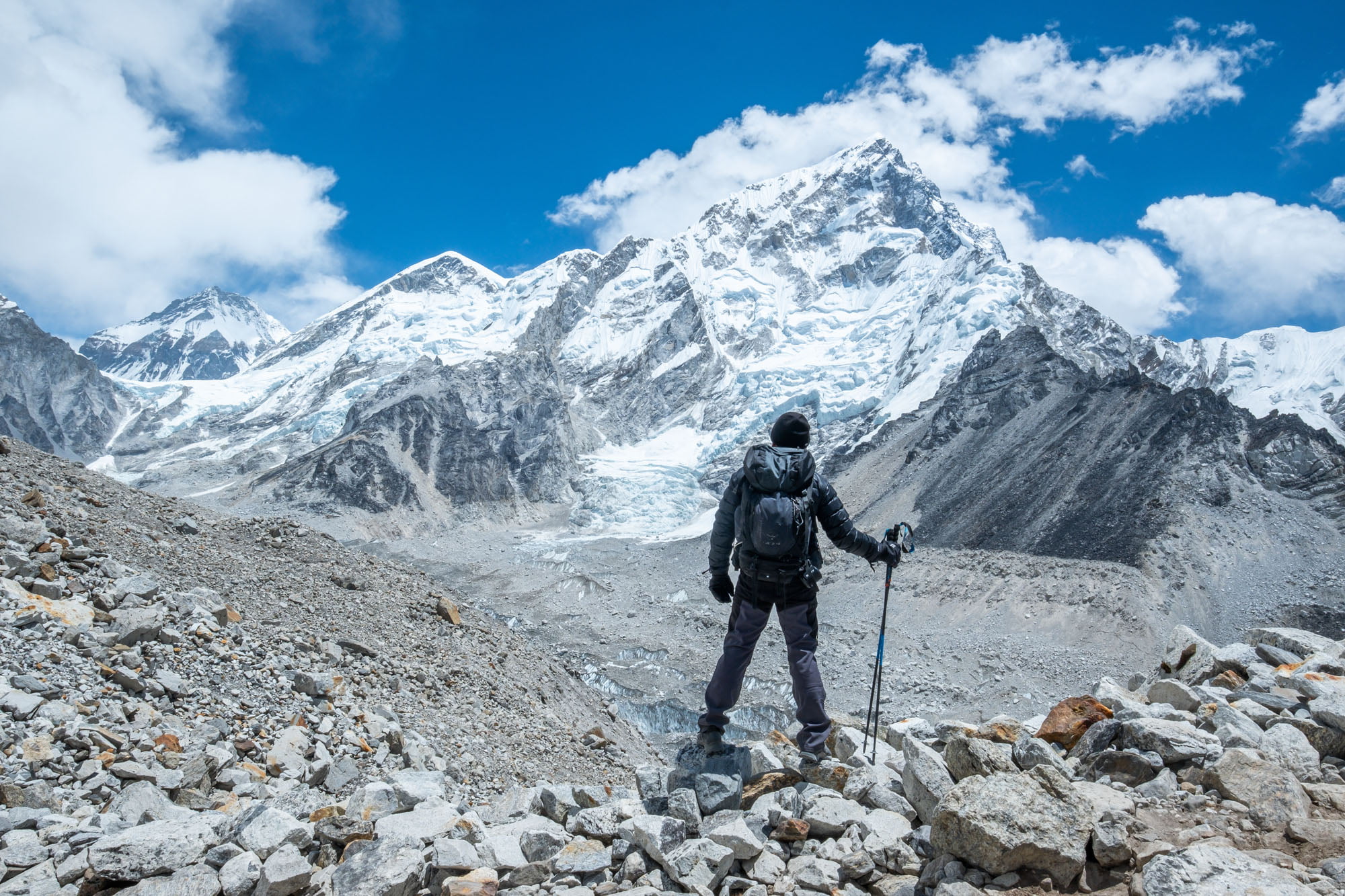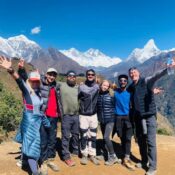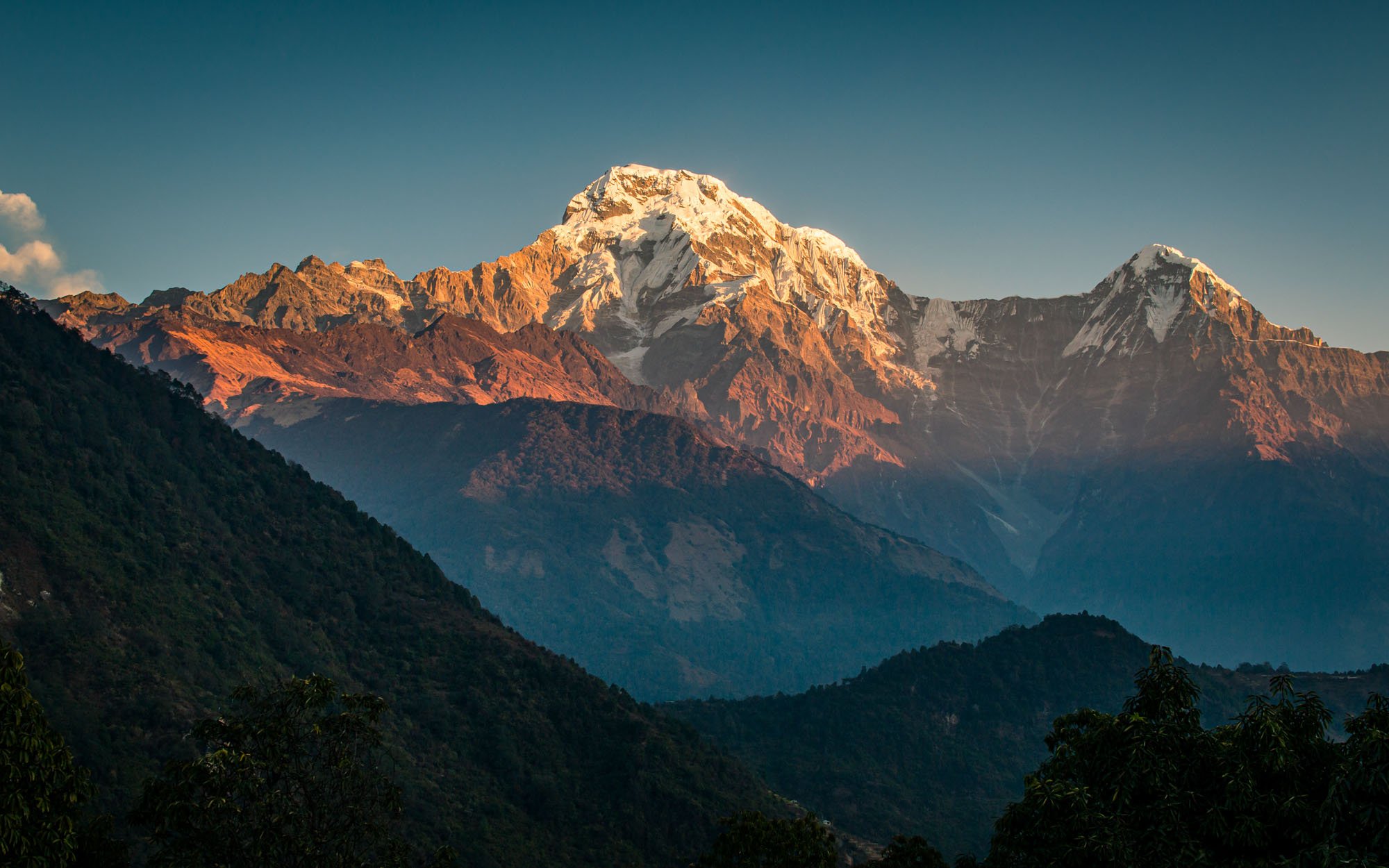How to Physically Prepare for the Everest Base Camp (EBC) Trek?

Trekking to Everest Base Camp (EBC) is a dream adventure for many travelers and adventure seekers. However, the journey to an altitude of 5,364 meters (17,598 feet) requires a solid physical and mental preparation plan. Whether you are an experienced hiker or a beginner, getting your body and mind ready for the trek is crucial to ensuring a safe and enjoyable experience. In this guide, we will cover how to assess your fitness level, build physical endurance, and develop mental resilience for a successful EBC trek.
Assessing Your Physical Fitness Level
Before starting your training, it’s important to assess your current fitness level to understand your strengths and areas that need improvement. Consider the following factors for EBC trek:
- Cardiovascular Endurance: Can you walk for several hours without feeling overly exhausted? If not, start with moderate hikes and gradually increase the difficulty.
- Leg Strength: Strong legs are essential for tackling steep ascents and descents. Squats, lunges, and step-ups can help improve lower body strength.
- Core Stability: A strong core helps with balance and reduces strain on your back while carrying a backpack.
- Stamina: Since the trek involves walking for 5-7 hours daily for nearly two weeks, endurance training is key.
- Altitude Tolerance: If possible, try hiking at high altitudes before the trek to understand how your body responds to lower oxygen levels.
Physical Preparation for Everest Base Camp(EBC) Trek
A structured training plan will help you build the necessary stamina and strength for the EBC trek. Ideally, start training at least 8-12 weeks before your departure.
1. Cardio Training
Cardiovascular fitness is crucial for trekking in high-altitude conditions. Include the following in your routine:
- Hiking: Go for long hikes on uneven terrain with a loaded backpack to simulate trek conditions.
- Walking & Stair Climbing: Walk at least 5-10 km daily and use stairs instead of elevators.
- Running or Jogging: Helps improve lung capacity and stamina.
- Cycling & Swimming: Low-impact cardio exercises that enhance overall endurance.
2. Strength Training
Building muscle strength is vital for tackling steep climbs and carrying your backpack. Focus on:
- Leg Workouts: Squats, lunges, step-ups, and calf raises for strong legs.
- Core Strength: Planks, Russian twists, and leg raises to improve balance and stability.
- Upper Body Strength: Push-ups, pull-ups, and shoulder presses to help with carrying a backpack.
3. Endurance & Stamina Training
- Train with a loaded backpack (5-10 kg) to mimic trekking conditions.
- Walk for extended hours (3-6 hours) on weekends to build endurance.
- Practice trekking on uneven surfaces and slopes to strengthen your joints.
Mental Preparation for Everest Base Camp Trek(EBC trek)
Physical fitness is only part of the preparation; mental resilience plays a significant role in completing the trek.
1. Set Realistic Expectations
Understand that the trek will be physically and mentally demanding. Accept that challenges like altitude sickness, fatigue, and harsh weather may arise.
2. Stay Motivated
- Watch documentaries or read blogs about EBC to stay inspired.
- Train with a partner or join a trekking group for motivation.
- Set small goals during training and celebrate progress.
3. Practice Mindfulness & Breathing Techniques
- Meditation and deep breathing exercises can help manage stress and altitude challenges.
- Yoga can improve flexibility and balance, reducing the risk of injuries.
4. Acclimatization Knowledge
Understand the importance of slow ascent and proper hydration to prevent altitude sickness.
Tips for a Successful EBC Trek
Here are some additional tips to help you make the most of your trek:
- Start Early & Train Consistently: Regular training over a few months is more effective than last-minute preparation.
- Invest in Proper Gear: Good hiking boots, layered clothing, and a quality backpack make a big difference.
- Hydrate & Eat Well: Drink plenty of water and consume high-energy foods during the trek.
- Listen to Your Body: Take breaks when needed and don’t push yourself beyond your limits.
- Acclimatize Properly: Take rest days and ascend gradually to reduce the risk of altitude sickness.
- Train Your Mind: Stay positive, and embrace the experience despite the challenges.
Final Thoughts
Preparing for the Everest Base Camp trek requires dedication, patience, and determination. By following a structured training plan, building endurance, and mentally preparing for the challenge, you can increase your chances of successfully reaching EBC. The journey is as rewarding as the destination, offering breathtaking views, cultural experiences, and a profound sense of achievement. So, lace up your hiking boots, start your training, and get ready for the adventure of a lifetime!





